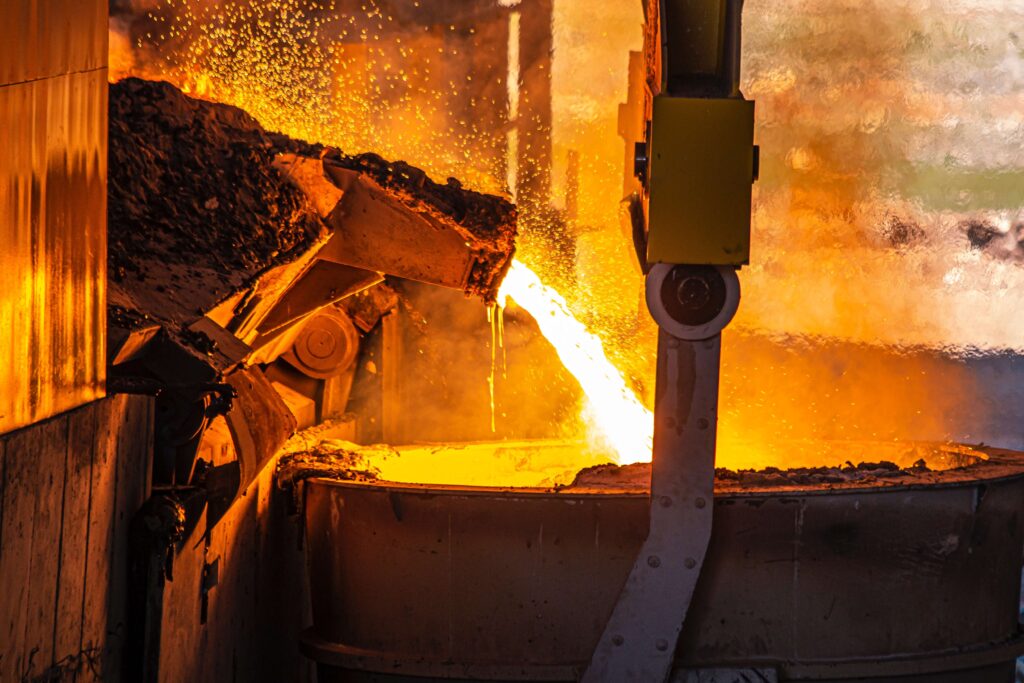Events
Watch video: Drone technology and its impacts on society
Hear Dr Karl Stol from the University of Auckland speak about drone technology. Drones have positively contributed to society by enhancing efficiency, safety, sustainability, and accessibility across various sectors. However, like many new technologies, drones come with public concerns such as privacy and airspace congestion. This presentation introduces emerging drone technology and explores its role in balancing societal benefits and mitigating negative impacts.
Read MoreWatch video: Improving safety with a vehicular internet of things
At least one New Zealander is killed and seven people are injured in road crashes every day. This presentation by Dr William Liu looks at how emerging ‘Vehicular Internet of Things’ technology could be used as a part of government strategies to reduce road deaths and serious injuries by 40% by 2030, compared with 2018.
Read MoreWatch video: The framing and reframing of public policy in New Zealand
The way in which we describe any major social problem largely determines the kind of policy we eventually consider for dealing with it. In this webinar, Michael Hanne explores the ways in which two issues, Poverty and the Housing Crisis, are generally “framed” in public discussion in New Zealand. He offers critiques of that framing and asks how they might usefully be “reframed” in a socially more responsible way. He ends by inviting the audience to talk about other issues they feel need to be reframed.
Read MoreThe Legacy of Rachel Carson
Rachel Carson’s “Silent Spring” (first published in 1962) is an environmental science work that documents the harm caused by indiscriminate use of pesticides.
Dr Howell’s presentation identifies implications in the legacy of Rachel’s “Silent Spring” for Engineers for Social Responsibility.
What it takes to be a climate prepared city
Adapting to the many and various challenges of global warming, from an urban development perspective, requires an understanding of the hydrological landscape that underlies the city so that a master plan can emerge that increases green space and public space, encourages biodiversity, and reduces flooding and the possibility of flood-water contamination.
Read MoreGreen steel
Steel is one of those materials that we cannot imagine a future without. Although there are some applications where wood based materials can replace it, its just such a useful material and it can be fully recycled, so surely there’s a way of producing it which doesn’t cost us the earth.
Read MoreEV Batteries – Where Did They Come From and Where Are They Going?
Several years ago, Li-ion batteries, as used in mobile phones, computers, portable tools and a myriad of other devices were considered a fairly benign object, except for the possibility that they may rarely, spontaneously burst into flames. There was little conversation about how they were made and what you might do with the old, worn out ones. All that changed when Nissan and Tesla brought out electric vehicles that were capable of replacing fossil fuelled vehicles and governments started to adopt strategies to encourage EV uptake in our private transport fleets.
Read More









